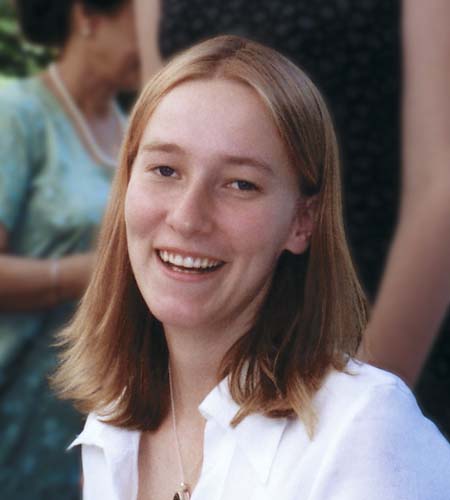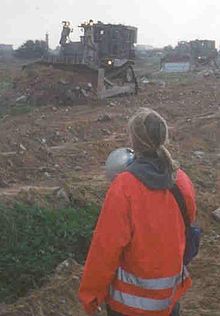Tag: Cindy and Craig Corrie
-
Honoring Rachel Corrie
16th March 2017 | International Solidarity Movement, occupied Palestine Today, March 16th, 2017, marks 14 years since the day that Rachel Corrie had her life taken. And though her life ended early, her courageous heart and defiant spirit will be carried onward, and continue to inspire many activists now and into the future. Holding a…
-
ISM’s response to the Rachel Corrie verdict
The International Solidarity Movement (ISM) is deeply concerned by the verdict of Judge Oded Gershon that absolved Israel’s military and state of the 2003 murder of American ISM activist Rachel Corrie. Rachel was crushed to death by an Israeli army bulldozer while protesting the demolition of a Palestinian home in the Gaza Strip. Despite the…
-
RCF: State again reschedules testimony of Col. Pinky Zuaretz
26 April 2011 | Rachel Corrie Foundation In another round of last minute maneuvering, attorneys for the State in Corrie vs. State of Israel requested that testimony from their highest-ranking witness be postponed. Former Brigade Commander Colonel Pinhas (Pinky) Zuaretz, who was scheduled to testify on April 27, will not testify until May 22. The…


